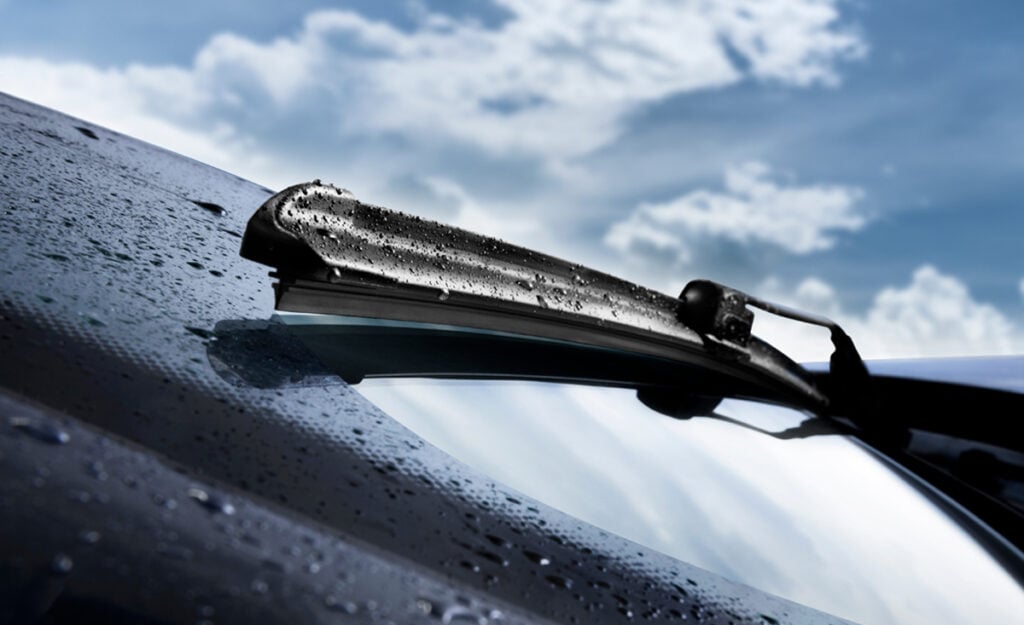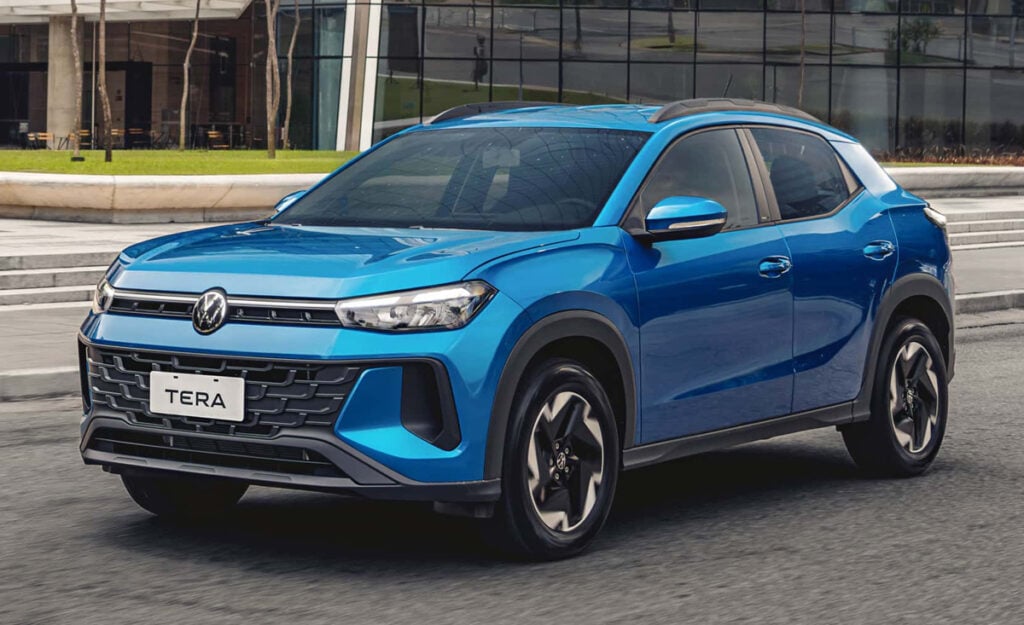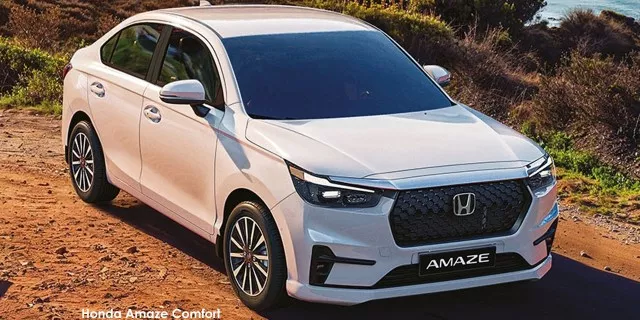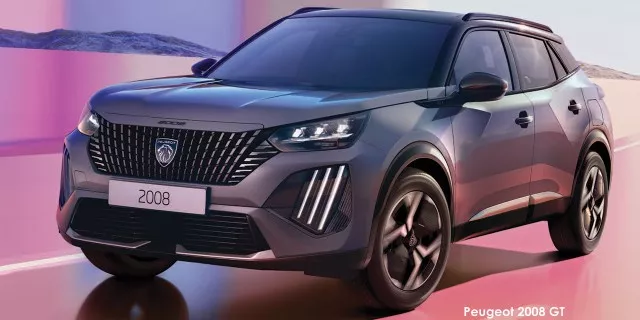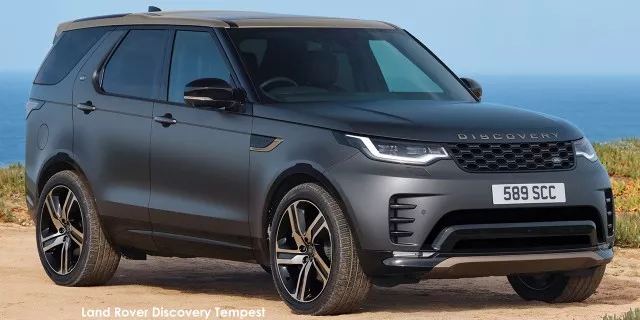Xpeng – The Chinese electric car company to keep your eye on
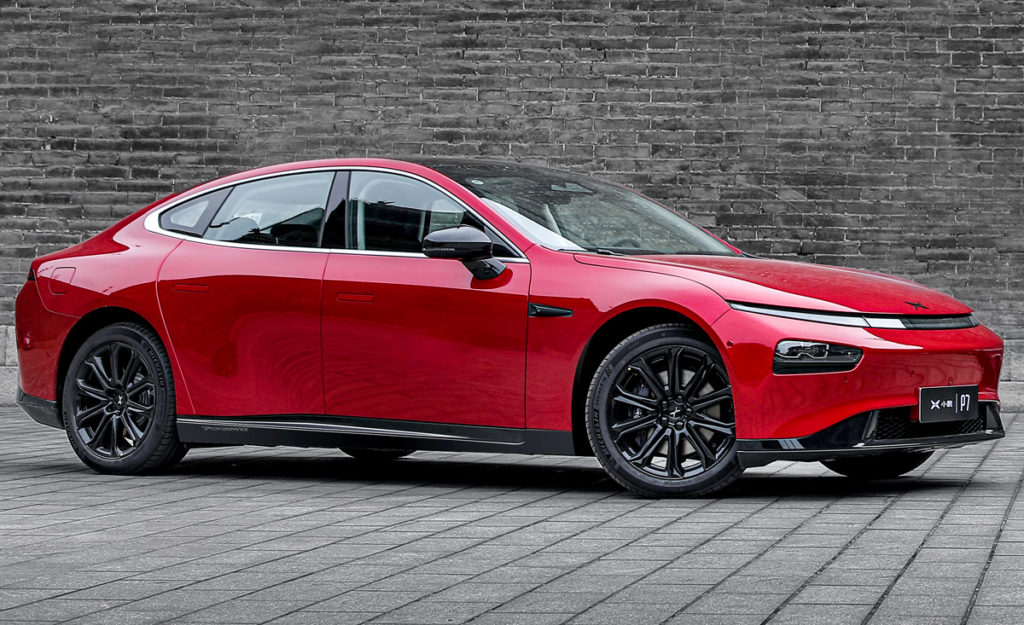
Xiaopeng Motors, known as Xpeng, is a Chinese electric vehicle (EV) company that was founded as a research and development firm in 2014.
In September 2021, it sold just over 10,400 electric G3 EV SUVs in China.
The company officially entered the EV arena in 2018 with the G3 EV, selling 41 units in December of that year.
Currently, it has two vehicles on offer to the public – including the P7 luxury electric sedan, with Norway becoming Xpeng’s first market outside of China in early 2021.
These rapid developments are nothing short of monumental in the grueling world of car start-ups and it seems like the future will only become brighter for Xpeng.
Funding
In 2021, China is the largest market for electric vehicles – with around 321,000 established businesses relating to “new energy vehicles”. Nearly 50% of these businesses joined this category between 2020 and 2021, thanks to a huge push for EV adoption in China.
Among them, Xpeng stands out as a major competitor to the likes of Tesla and Rivian, raising more than R23.3 billion in funding from early 2018. Major corporations such as Alibaba, Xiaomi, Foxconn, and Abu Dhabi’s sovereign wealth fund are among its investors.
In August 2020, Xpeng raised another R21.9 billion through an initial public offering of shares on the New York stock exchange. The company also got the green light to list its shares on the Hong Kong stock exchange in June 2021.
This Hong Kong-based listing was expected to raise as much as R29.2 billion for the Chinese EV builder, but the launch has been delayed until early 2022.
Despite Xpeng shares being down by 10% for the year-to-date, they dropped far less than fellow Chinese EV builders.
Innovation
The funding frenzy for Xpeng is likely due to the company’s ambitions for innovation.
In 2017, Xpeng unveiled the P5 – at the time a concept – which was teased to be the first customer-facing car to use lidar sensors to facilitate advanced driver assist systems such as reading and understanding traffic lights.
“Lidar will provide the 3D drivable space and precise depth estimation to small moving obstacles even like kids and pets, and obviously, other pedestrians and the motorbikes which are a nightmare for anybody who’s working on driving,” said Xpeng.
The P5 is scheduled to go on sale in China before the end of this year as a cheaper version of the flagship P7, with the lidar promise still intact. This would beat companies like Daimler and Volvo to the market with mass-produced, lidar-equipped vehicles.
Xpeng is not only interested in advanced driver assist systems, however, as in 2019 it partnered with computing giant Nvidia to develop Level 3 autonomous driving technologies for its cars.
Despite not having a market presence in the Americas, XMotors.ai – Xpeng’s United States subsidiary – holds an Autonomous Vehicle Testing Permit for the brand to test its autonomous driving technology in the P7 on public roads in California. This makes Xpeng one of the few foreign companies to hold a right to these privileges.
“This is the only way to maintain our long-term competitive advantage,” said Dr. Xinzhou Wu, vice president of autonomous driving at Xpeng.
Also in 2019, Xpeng piloted a ride-hailing service in China using G3 EV SUVs as a way to get more insight into what customers are really looking for in EVs, as well as to gain exposure in the region.
More innovation came from Xpeng in later 2019, when it partnered with Alipay to develop an in-car payment system for battery-charging facilities, vehicle applications, and “other user scenarios”.
This will likely be used to facilitate payments for apps such as Changba, a popular in-car karaoke app in China – another area where EV builders from this region are well ahead of their competitors.
In April 2020, Xpeng launched the P7 sedan that featured the Nvidia Xpilot 3.0 driver assistance system and two months later it opened a third smart EV factory on the back of rising demand.
In February 2021, Xpeng announced that the autonomous Navigation Guided Pilot in the P7 had achieved over 1 million kilometres of testing.
In March, it then launched another version of its P7 sedan using lithium iron phosphate (LFP) batteries instead of the usual cell-to-pack (CTP) batteries in favour of “diversified customer needs”.
While LFP batteries boast less range than CTP, they are generally deemed to be safer while also having a longer lifespan. Xpeng customers in China now have two battery technologies to choose from in one model range.
In July 2021, Xpeng’s G3 EV became the first model for a new car manufacturer in China to obtain a top rating in the J.D. Power 2021 China New Energy Vehicle Initial Quality Study.
While Xpeng might not be as big as Tesla or get as much news coverage as Rivian, its innovations, dominance in China, and sheer amount of capital backing the company have made it a serious competitor to keep an eye on.



